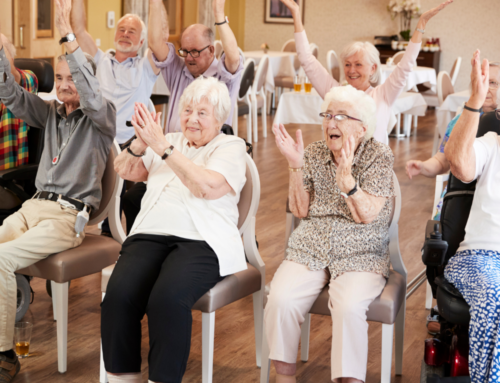Share This Story!
Under Pressure: Repositioning and Other Strategies For Bed Sore Prevention
Pressure sores, also known as bedsores, can occur when an individual lies down in a position for an extended period. The body’s weight on the bed can block the blood supply to certain areas and cause skin damage. Repositioning regularly on the bed is the best way to reduce the risk of developing pressure sores.
Prevention is the best medicine
Prevention is the best way to reduce the risk of pressure sores, which can take a long time to heal and can return. Caregivers should check in with bed-ridden individuals and ask if any areas of the body feel sore or tender. Visual observation of vulnerable parts of the body, especially areas of thin skin covering bony areas. A visual examination can help determine if pressure relief is needed. While many patients do not need help moving around, others cannot and require a proper nursing care plan.
Weight shifting
Regular repositioning can help reduce prolonged pressure on a single area. Experts recommend repositioning every 1 to 2 hours. However, moving during sleep may cause agitation and disrupt the individual’s natural sleep cycle. Individuals can determine optimal positions where direct pressure on injuries or sensitive areas is limited. Elevating the head up to 30 degrees can prevent shearing. Bony areas can be protected using cushions and other positioning aids like a trapeze bar.
Special mattress
Pressure-relieving mattresses can reduce the risk of pressure sores. Certain foam mattresses can provide individuals with a soft surface that equally distributes pressure over a larger surface area. However, beds that are too soft may be uncomfortable for weaker individuals. Alternating pressure mattresses can also reduce bed sores. Alternating pressure mattresses are made of multiple air-filled chambers. Air is constantly being fed into different mattress cells to provide relief to different contact points. Alternating pressure mattresses are ideal for patients who need help moving.
Diet and skincare
Diet and skincare can play an essential role in preventing pressure sores. Being in bed all day can lead to a lack of appetite or thirst. Eating a balanced diet and staying hydrated is essential to being in good physical condition and strengthening the skin. Skin that gets too moist or dry can increase the risk of pressure sores.
Friends and family to the rescue
Friends and family can provide the right level of assistance when a bed-ridden loved one cannot move without help. Working with a nursing professional, if needed, can provide patients with an optimal positioning plan and positioning aid recommendations to improve quality of life.





